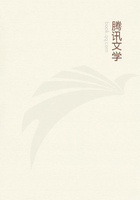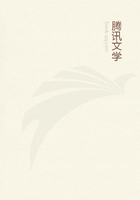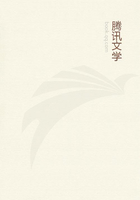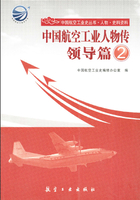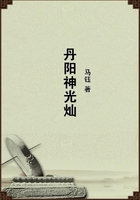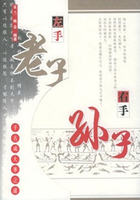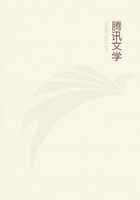The Calculation of Return to Capital in Primitive and in Developed Economies Those writers who maintain the productivity of capital prefer to take the most primitive economic circumstances in order to make their meaning clear. Thunen, for instance (in his Isolirter Staat, 2nd edition, Book II, division I, p. 74) takes his readers to a land in which there is no capital to begin with. In its tropical climate the inhabitants live, in the most literal sense, by the labour of their hands. There a labourer is in a position to produce yearly the total amount required to maintain him for a year -- we shall put this down at 100 -- and, besides that, 10%more, or 110 units in all. At that he can live and also lay past.
And now some man, supporting himself meantime upon his savings from former years, succeeds, after a whole year's labour, in producing a bow, arrows, and a net. He is rewarded for this by being enabled, with the assistance of the new tools, to obtain henceforward a yearly return of 150 units, by means of which he finds time to repair the damage suffered by his little capital through wear and tear, and to maintain it always in the same condition. The total increase to his income per year amounts to 40 units, and this increase is a permanent one in spite of the perishable nature of the capital, because not only is the capital perishable, but it can also be, and is continually being, reproduced. To what factor is this increase to be imputed?
Obviously to the capital. To its credit alone can the increase be attributed. This will be seen, e.g., in the fact that every other labourer will be inclined to hire the capital at a price which is based on the calculation and ascription to it of this surplus result.
Similar statements are given by other writers. They are, indeed, well adapted to clear up our ideas concerning the productivity of capital in its most general outlines, and to persuade the reader to its acceptance. On the other hand, they are misleading almost in every detail as regards our developed conditions of production, and, in particular, they give a thoroughly false impression as to the measure of productivity.
In such primitive conditions as those pictured by Thunen, where capital emerges for the very first time, the return to capital is calculated at the entire increase of income, which labour assisted by capital obtains as against labour unassisted.
In other words, the whole "share dependent upon its co-operation"(see p. 91) is imputed to capital as its "contribution." And rightly so. In these most primitive conditions there is a considerable supply of labour power; indeed, as compared with the scant occasions for using it, almost too much; on the other hand, capital is scarce and greatly in demand. Much labour must be expended without aid from capital, and the comparison between labour assisted by capital and labour unassisted, forces itself naturally upon every one. This is no fact found out by subtle economic investigation; it is seen practically in men having constantly to choose between the two kinds of labour.
But this is very different from the conditions under which we now live. Practically such a choice is never placed before any one. It would never occur to any one but a theorising economist, to measure the value of capital by estimating what would be the amount of loss if capital should not co-operate at all in the production, -- any more than it would occur to any one to measure the value of labour by estimating the amount of loss that would ensue should labour refuse its co-operation. All labour is judged on the quite intelligible assumption that it is brought into co-operation with capital; all capital under the assumption that it is brought into co-operation with labour. Production has become ever so much more complicated, and with it the art of calculating production. The simple formulae of former times are not now adequate, and examples based on them can only be misleading.
How, then, are capital and labour under present conditions to be distinguished? The answer is not doubtful. According to that complicated formula, and according to all those rules which obtain, as regards the imputation of return in general.
The "contribution" of capital is to-day far from amounting to the whole "share dependent upon its co-operation." While that share is very much equal to the total return of production, the "contribution" is merely one single quota alongside of the quotas of land and labour.
Only in one connection has the frustration of Thunen anything to teach us about the measure of the return to capital. It proves dearly that, in any case, there is a net return to be imputed to capital -- in so far as it is properly employed; a return which can be permanently obtained in spite of the perishable nature of the various items forming the capital, and in spite of their continual transformation in consumption and reproduction.
Capital, rightly employed, does more than simply renew itself; it yields beyond this a surplus which must be imputed to it. This proposition is proved beyond a doubt, as regards primitive economic conditions, by Thunen and others; and in these primitive conditions the progress of economy generally is shown through the discovery and development of forms of capital. But will any one assert that what was the due of primitive capital is not also the due of the developed modern capital?


